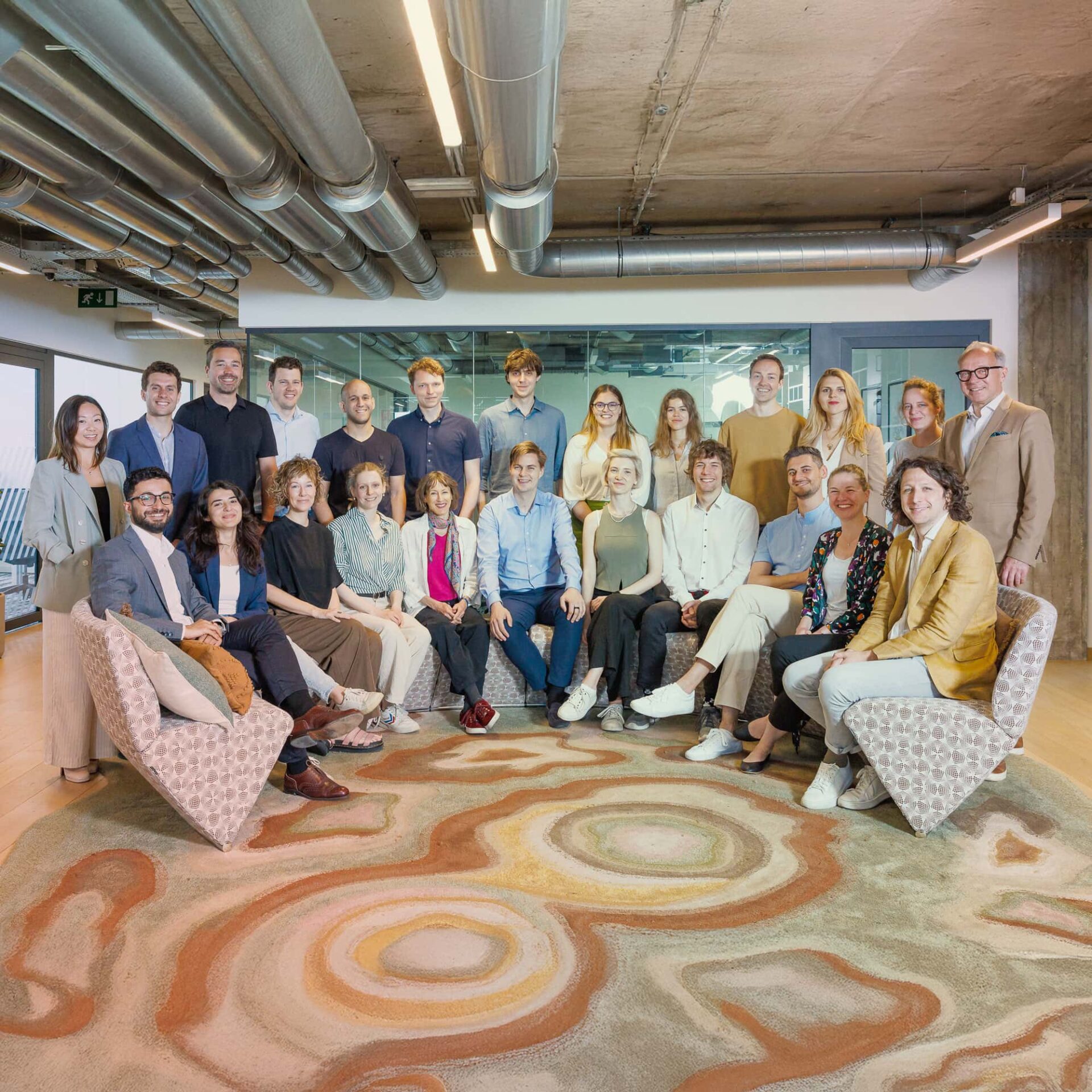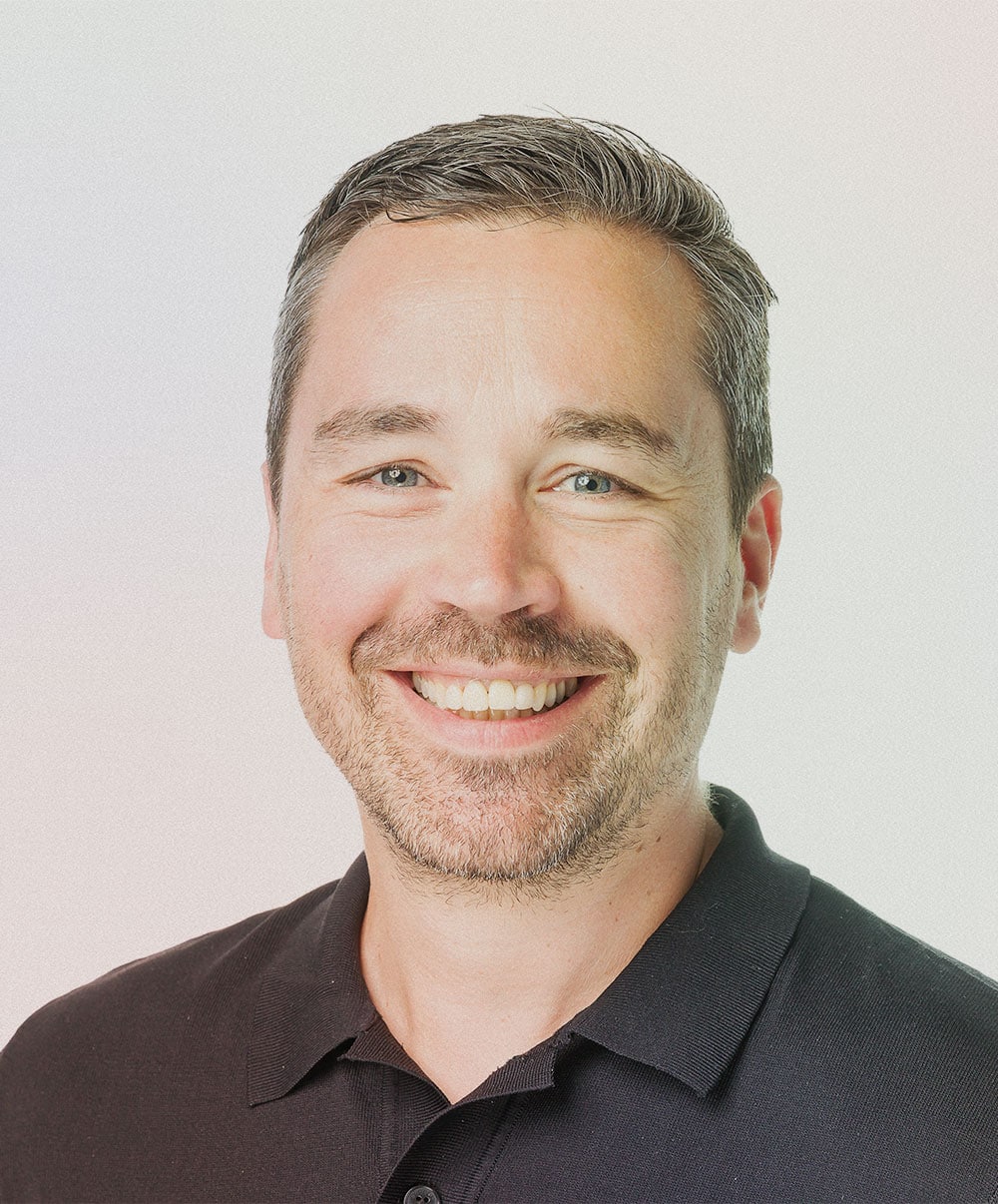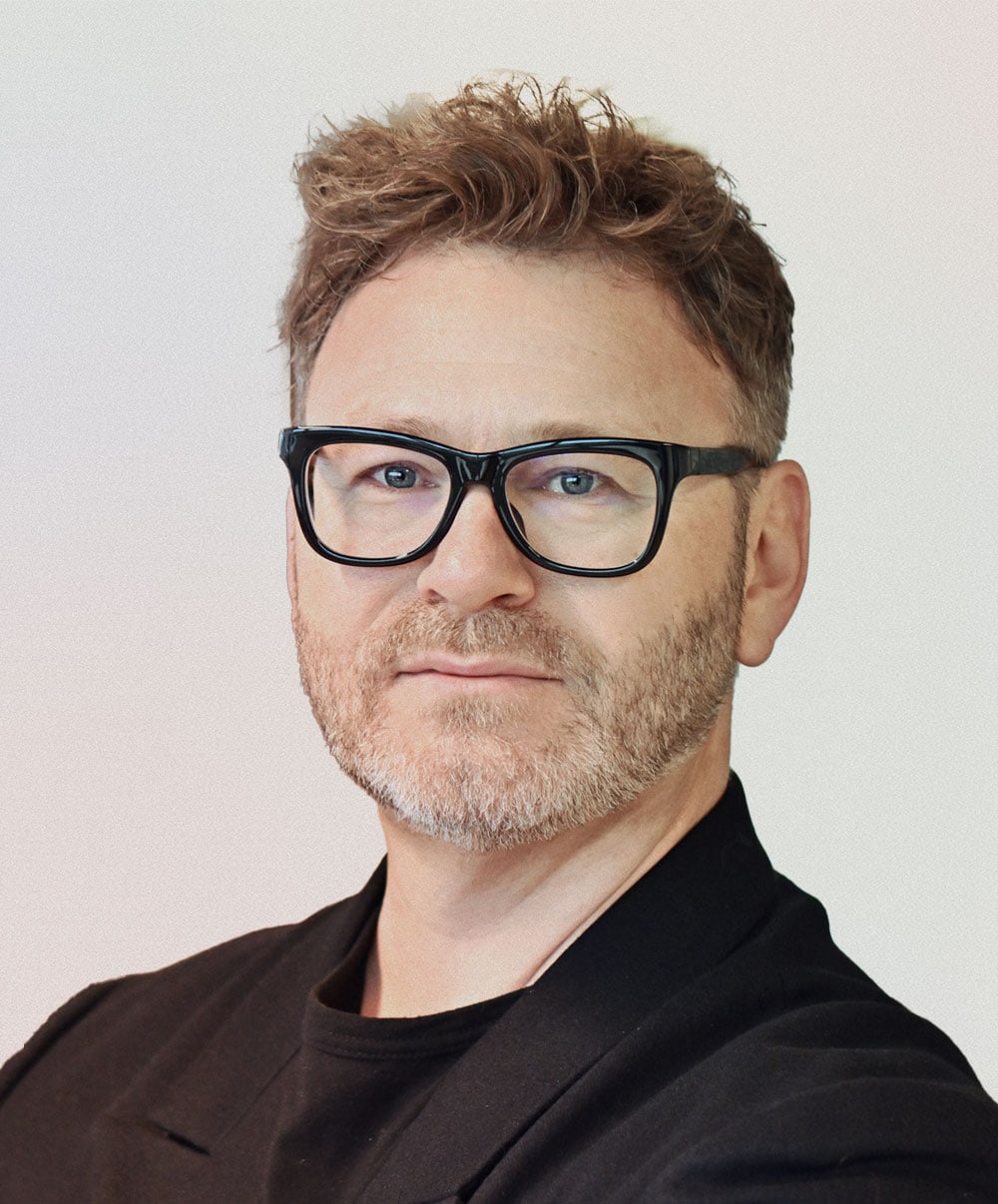Our mission
Rapid advances in technology, from artificial intelligence to bio- and neuroscience, are very likely to reshape our world in unprecedented ways.
What does the world look like after a breakthrough? The answer is that no one really knows. It’s hard, if not almost impossible, to predict the societal implications of technological transformations while we are (and we all are) living through them.
We’re bound to play a guessing game with technology and history shows us that, all too often, society hands over control to profit-driven private actors who rarely ask those big-picture, longer-term questions.
That is why we exist.
We analyse the trajectories of emerging technologies to prevent unintended and under researched consequences. And we have to focus on them now because technological transformation comes quickly, much more quickly than people think – in fact, we chose our focus technologies precisely because they are scaling so rapidly.
That is the main paradox of our work. This the future will be strange message we keep bringing up is a reflection of today, not of tomorrow. It’s a human response to the lack of oversight and control we have today over the most powerful technologies that have ever seen. So we’ve set out to change that.
We help governments anticipate and responsibly govern the societal impacts of rapid technological change, ensuring that powerful emerging technologies are used in the best interests of humanity.
What we work on
How we work
Implementing, enforcing, updating, and future-proofing regulations that address emerging technologies will be a never-ending task. Our organisation is designed to help regulators every step of the way.
Anticipate
the possible societal impacts of specific technologies. Through foresight, we help policymakers assess the potential scenarios, needs, and options for policy interventions, and prioritize their agendas accordingly.
Inform
about how a given technology works, the degrees of uncertainty that surround its use – or misuse – and how contested it may be politically. We level the playing field of decision-making by minimising information asymmetries.
Influence
the design and delivery of policy interventions, be they investments, standards, new institutions, or regulations. We have a firm commitment to evidence, intergenerational equity, and democracy.

We are a team of researchers, scientists, and policy experts finding ways to harness emerging technologies to serve the best interests of humanity.
Our journey so far
In 2021, tech entrepreneur Steven Schuurman and social entrepreneur Laurens de Groot conceived the idea for CFG. A year later, the organisation became operational, recruiting its first team members and opening an office in Rotterdam. In 2023, we established our headquarters in Brussels. Our co-founders are committed to ensuring that powerful emerging technologies are subject to public oversight, benefiting both present and future generations.
Centre for Future Generations is a nonprofit organisation supported by philanthropic foundations, public institutions, and individual donors. We do not accept funding that could compromise our independence — including primary support from governments, corporations, or political parties. Learn more about how we fund our work.





